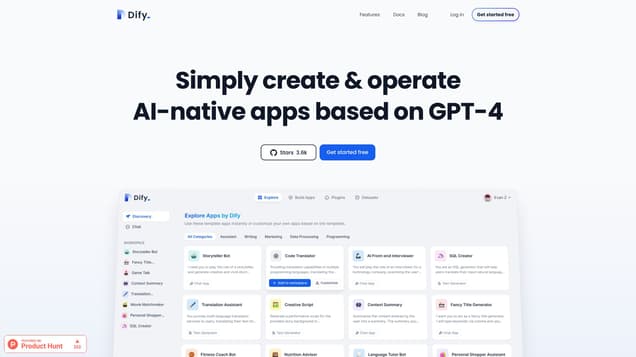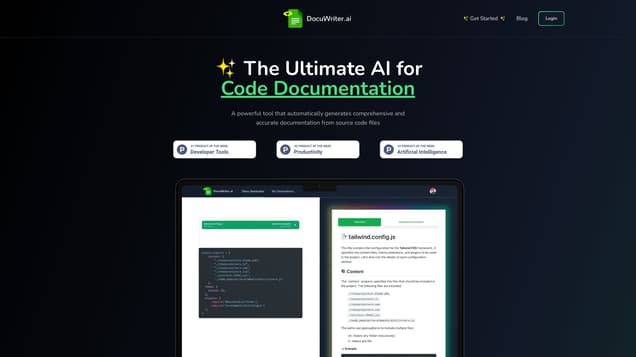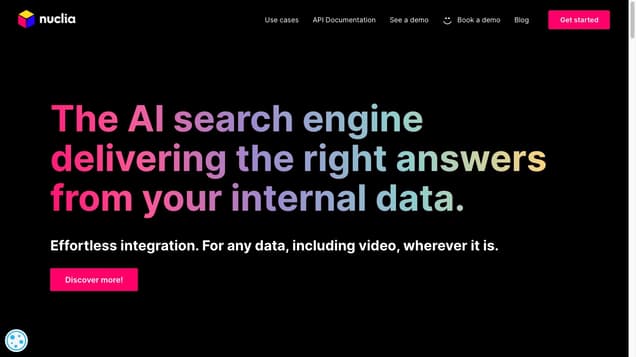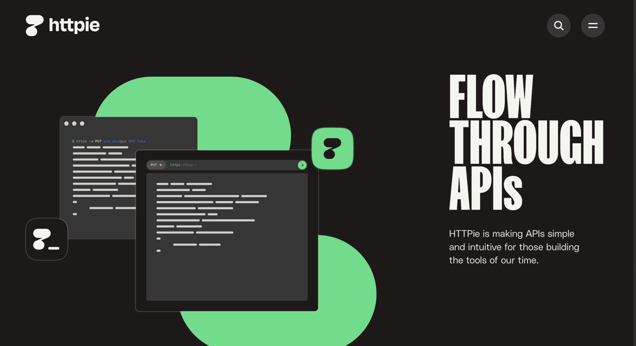
What is Imaginary Programming?
Imaginary Programming is an AI tool designed to enhance SEO by providing a comprehensive answer to the question, "What is Imaginary Programming?" This tool is specifically developed to assist developers in creating groundbreaking solutions without the need for a dedicated machine learning (ML) team. By utilizing OpenAI's GPT engine as a runtime, Imaginary Programming empowers users to define a function prototype in TypeScript and delegates the remaining tasks to the tool itself. This exceptional tool is particularly advantageous for Node.js applications due to its TypeScript-based nature and seamless integration with GPT's intelligence. With the assistance of Imaginary Programming, developers can work more intelligently and efficiently, significantly reducing the time and effort required to develop solutions. By breaking down complex tasks into more manageable components, this tool enables developers to approach problem-solving in a more creative and efficient manner. Ultimately, Imaginary Programming empowers developers to leverage AI capabilities to create solutions that are not only more innovative and effective but also more cost-efficient than ever before.
Information
- Price
- Free
Freework.ai Spotlight
Display Your Achievement: Get Our Custom-Made Badge to Highlight Your Success on Your Website and Attract More Visitors to Your Solution.
Website traffic
- Monthly visits7.07K
- Avg visit duration00:02:10
- Bounce rate49.79%
- Unique users--
- Total pages views21.26K
Access Top 5 countries
Traffic source
Imaginary Programming FQA
- What can Imaginary Programming do?

- How can I add intelligence incrementally?

- Can I use AI without an ML team?

- How can I get structured data from GPT?

- Is Imaginary Programming similar to Github Co-Pilot?

Imaginary Programming Use Cases
Generate useful titles and text for your user. Any time you need to generate a useful title, summary, or text for your user. For example: 'What's a good name for this user's playlist?'
Classify data using human-like intelligence. Use Imaginary Programming to classify whether text has a particular semantic intent or emotion to it. For example: 'How angry is this customer email?'
Extract structured data out of messy, unstructured language. Tell an imaginary function what kind of data you're looking for, and the function will find the structure inside the mess. For example: 'What are the proper names in this email text?'










